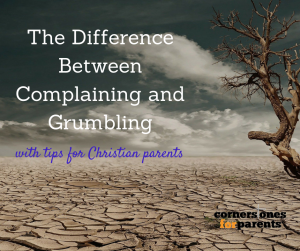About Laura
Laura Kuehn, LCSW
Laura is a licensed clinical social worker who offers individual therapy to women and moms in Connecticut. She is the author of More Than a Conqueror, A Christian Kid's Guide to Winning the War on Worry. Cornerstones for Parents is the place she combines some of the things she is most passionate about: God's word, parenting and mental health.
This site uses Akismet to reduce spam. Learn how your comment data is processed.




Leave a Comment